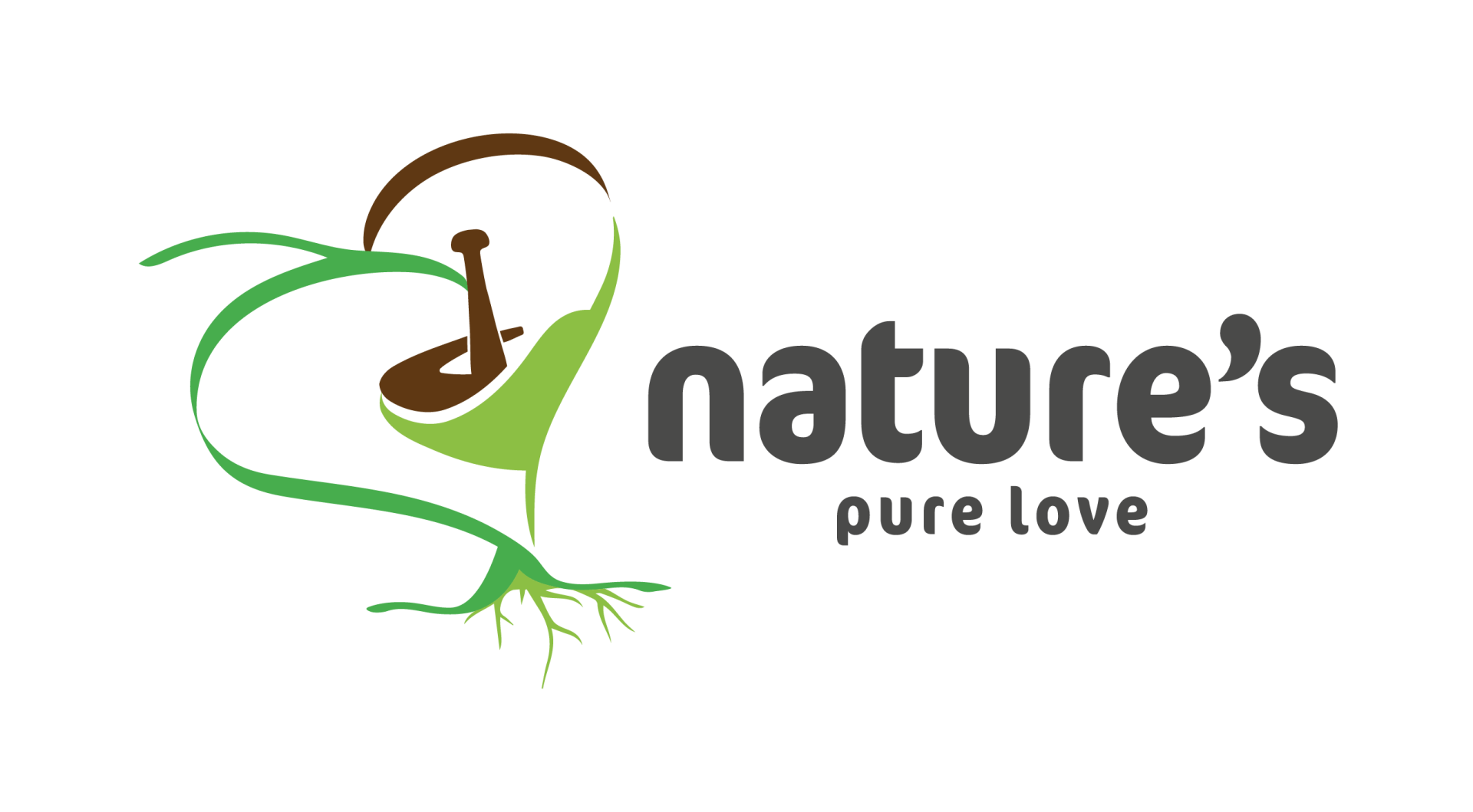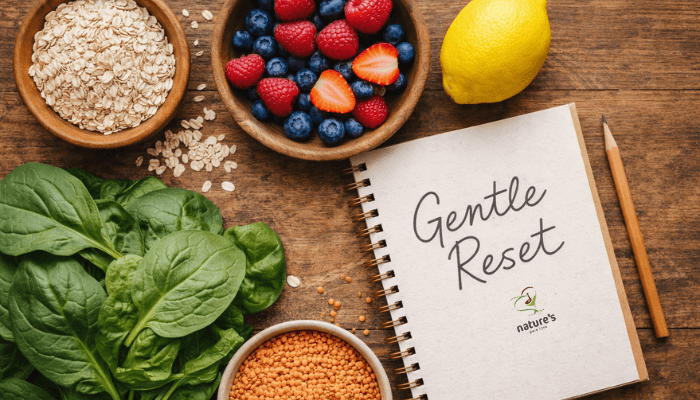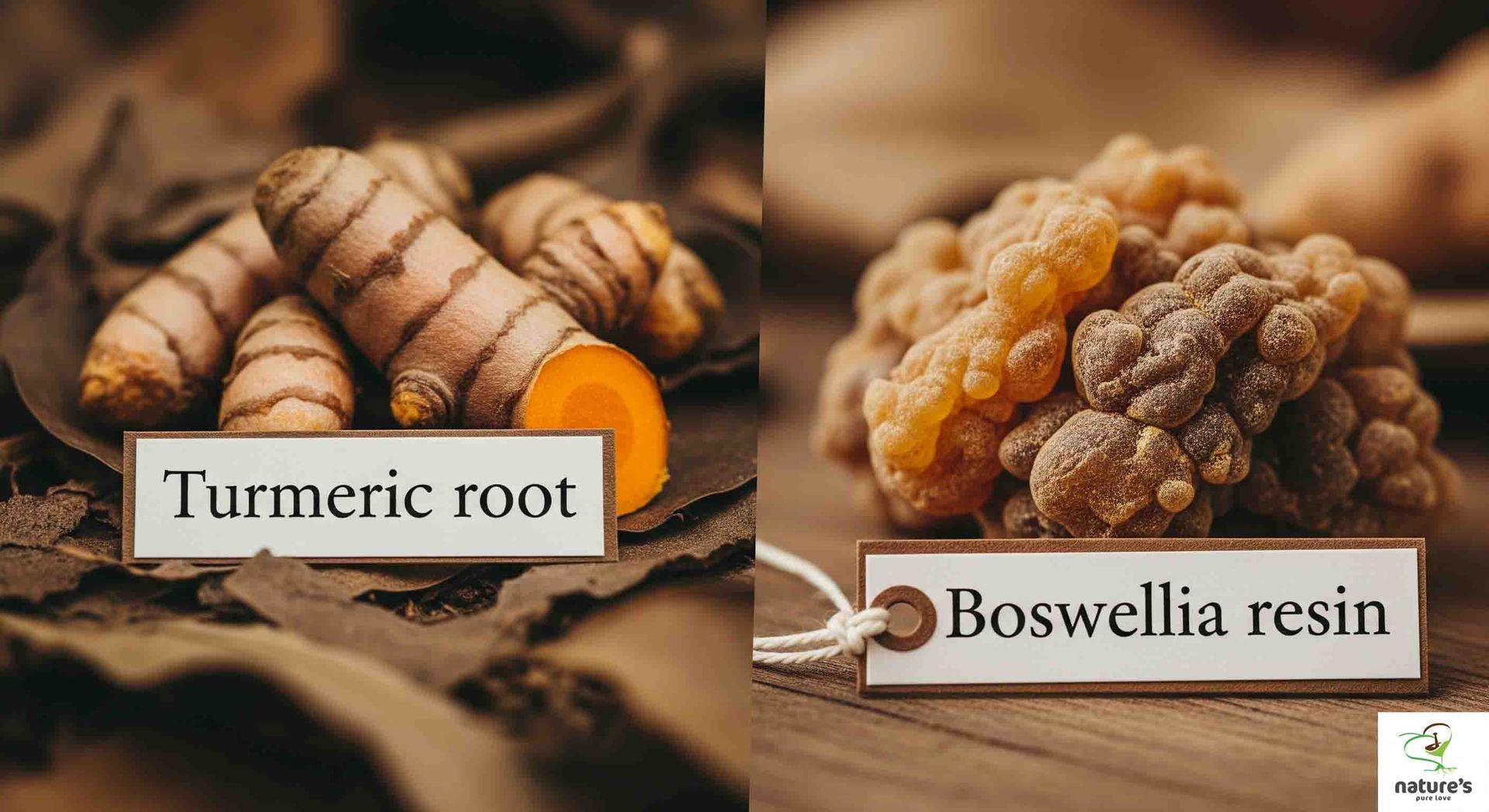Emotional Wellness for Couples

Emotional Wellness for Couples: Building a Stronger Connection Together
In today's fast-paced world, particularly in the UK with its unique blend of work pressures, family dynamics, and social expectations, maintaining emotional wellness as a couple has become paramount. Juggling demanding careers, family responsibilities, and social commitments can often leave couples feeling disconnected and emotionally drained.
This comprehensive guide offers practical, relatable strategies tailored for British couples seeking to nurture their emotional bond and build a stronger, more resilient relationship.

What is Emotional Wellness?
Emotional wellness is a broad concept that focuses on your ability to recognise, manage, and express emotions in a constructive and healthy way. It doesn’t mean being joyful all the time; rather, it’s about building the resilience and skills to navigate the wide range of emotions—both positive and negative—that life brings.
Here’s a closer look at the core elements of emotional wellness:
- Self-awareness: This is about understanding your emotions—what triggers them and how they influence your thoughts and actions. It means staying connected to your inner self and being aware of your emotional state at any given time.
Explore self-awareness workshops and masterclasses as part of our coaching programme, which offers insights into emotional resilience.
- Emotional regulation: This skill allows you to manage your emotions effectively, especially during tough or stressful moments. It includes adopting healthy coping strategies and avoiding impulsive or harmful reactions.
2. Emotional expression: The ability to express your emotions in a clear and appropriate manner is key. This involves articulating your feelings honestly and assertively, while also respecting the emotional boundaries of others.
3. Resilience: Resilience is your capacity to recover from setbacks, challenges, and difficult experiences. It involves maintaining a positive mindset, developing coping mechanisms, and seeking support when necessary.
4. Empathy: Empathy enables you to understand and connect with the emotions of others. It’s about stepping into someone else’s shoes and recognising their emotional experiences.
5. Positive self-image: This relates to having a healthy sense of self-worth and self-acceptance. It’s about acknowledging your strengths and weaknesses, and treating yourself with care, kindness, and compassi
6. Healthy relationships: Emotional wellness is also reflected in the quality of your connections with others. Building supportive, meaningful relationships involves effective communication, setting boundaries, and fostering mutual respect and trust.
In summary, emotional wellness is about cultivating a healthy relationship with your emotions and using them to effectively handle life’s challenges. It plays a vital role in your overall well-being, enhancing physical health, mental clarity, and the quality of your relationships. By nurturing emotional wellness, you create a strong foundation for a more balanced and fulfilling life.

What is Emotional Wellness in Relationships
Emotional wellness in a partnership transcends simply sharing happy moments. It's about cultivating a deep understanding of each other's emotional landscape – the ability to recognise, understand, express, and manage emotions, both individually and as a couple.
It’s about creating a safe space where vulnerability is welcomed, and emotional needs are met with empathy and understanding. When both partners actively prioritize emotional wellness, thy lay a strong foundation for lasting intimacy, trust, and resilience in the face of life's inevitable ups and downs.
The Impact of Emotional Wellness on Relationship Health
Research from reputable sources like Relate, the UK's leading relationship counselling service, consistently demonstrates the profound positive impact of emotional wellness on relationship health. Couples who prioritise their emotional connection typically experience:
- Higher relationship satisfaction: A greater sense of contentment and fulfilment within the relationship.
- Better conflict resolution skills: The ability to navigate disagreements constructively, without resorting to personal attacks or resentment.
- Improved communication: Open, honest, and effective communication, fostering a deeper understanding of each other's needs and perspectives.
- Greater intimacy: A stronger emotional and physical connection, marked by trust, vulnerability, and mutual support.
- Enhanced ability to handle life's challenges together: A united front when facing stressful life events, such as job loss, bereavement, or family crises.

Key Practices for Emotional Wellness
- Practice Mindful Communication: The cornerstone of emotional wellness is how we communicate. Mindful communication involves being fully present in the moment, listening attentively, and responding with empathy.
- Dedicated Time: Schedule regular "check-in" times, even if it's just for 15-20 minutes each day, free from distractions like mobile phones, tablets, or the television. Perhaps a walk in a local park, a quiet cup of tea after the kids are in bed, or a shared commute can become dedicated conversation time.
- Active Listening: Focus on truly understanding your partner's perspective, rather than formulating your response while they're still speaking.
- Non-Verbal Communication: Pay attention to body language, tone of voice, and facial expressions, as these can often convey more than words.
Learn communication techniques through our emotional resilience masterclass.
- Develop Emotional Awareness: Understanding your own emotions and your partner's is essential for building empathy and connection.
- Regular Emotional Check-ins: Ask each other how you're feeling, not just on a surface level, but with genuine curiosity.
- Expanding Emotional Vocabulary: Learn to identify and name a wider range of emotions beyond "happy," "sad," or "angry." Use resources like emotion wheels to help.
- Non-Judgmental Acceptance: Accept each other's emotions without judgment or trying to "fix" them. Simply offering support and understanding can be incredibly powerful.
- Supporting Through Difficult Emotions: Be present and supportive during difficult times. Offer a listening ear, a hug, or simply your presence.
- Create Emotional Safety: Emotional safety is the foundation of a healthy relationship. It's about creating an environment where both partners feel safe to be vulnerable and express their true selves without fear of judgment, criticism, or rejection.
- Empathy over Criticism: Respond to your partner's feelings with empathy and understanding, even if you don't fully agree with their perspective.
- Validation: Acknowledge and validate your partner's feelings, even if you don't share them. Saying something like, "I understand why you're feeling that way," can be incredibly validating.
- Confidentiality: Respect each other's privacy and avoid sharing personal information outside the relationship without consent.
- Reliability and Trustworthiness: Be consistent in your words and actions, demonstrating that you can be relied upon and trusted.

Practical Tools for Building Emotional Connection
- Daily Check-ins: Use these prompts to foster daily connection:
- "What was the highlight of your day?" (Focuses on positive experiences)
- "Is there anything troubling you that you'd like to share?" (Opens the door for vulnerability)
- "How can I support you better today?" (Demonstrates a willingness to help)
- Emotional Temperature Reading (Weekly): This more in-depth check-in allows for deeper connection:
- Appreciations: Express genuine gratitude for specific things your partner has done or qualities you appreciate about them.
- New Information: Share any relevant updates about your life, work, or social circles.
- Puzzles/Concerns: Discuss any worries or unresolved issues in a constructive manner.
- Wishes/Hopes/Dreams: Share your aspirations and support each other's goals.
Overcoming Common Challenges
- Managing Stress Together: The pressures of modern life in the UK, from long commutes and demanding jobs to financial worries and family responsibilities, can significantly impact relationships.
- Recognising Signs of Stress: Learn to identify the signs of stress in your partner, such as irritability, withdrawal, changes in sleep or eating habits, or physical symptoms like headaches or stomach aches.
- Shared Stress-Management Strategies: Develop strategies that work for both of you, such as regular exercise, mindfulness practices, spending time in nature (perhaps a walk in the countryside or a visit to a local park), or engaging in shared hobbies.
- Supporting Self-Care: Encourage and support each other's self-care practices, whether it's taking a relaxing bath, reading a book, or pursuing a personal hobby.
- Knowing When to Seek Professional Help: If stress becomes chronic or overwhelming, don't hesitate to seek professional help from a therapist or counsellor.
- Incorporate detox and immune-boosting programmes such as the 30-Day Gut/Immune Restore Plan.
- Try calming products like Unicity Matcha Energy to boost focus and reduce tension.
Navigating Difficult Conversations: Disagreements and conflicts are inevitable in any relationship. The key is to handle them constructively.
- Appropriate Timing: Choose a time when both of you are calm and relaxed, and avoid discussing sensitive topics when you're tired, stressed, or distracted.
- "I" Statements: Express your feelings using "I" statements, such as "I feel hurt when..." rather than "You always..." This helps avoid blaming and defensiveness.
- Active Listening: Focus on understanding your partner's perspective, without interrupting or planning your response.
- Taking Breaks: If emotions become overwhelming, take a break and return to the conversation when you're both calmer.
Professional Support
Sometimes, couples need additional support to navigate relationship challenges. In the UK, various resources are available:
- NHS Services: The NHS offers relationship counselling services through local Improving Access to Psychological Therapies (IAPT) services. Your GP can provide a referral.
- Relate: Relate is a leading relationship counselling charity in the UK, offering counselling, mediation, and online resources.
- Private Practitioners: Many qualified therapists and counsellors offer private relationship counselling.
Consider seeking professional help if:
- Communication patterns become consistently negative (e.g., constant criticism, defensiveness, stonewalling).
- You're struggling to resolve recurring conflicts.
- Major life changes (e.g., bereavement, job loss, moving house) are causing significant relationship strain.
- You want to proactively strengthen your emotional connection.
Daily Practices for Emotional Wellness
Incorporating small, consistent practices into your daily routine can make a big difference:
- Express Gratitude: Regularly express appreciation for each other, both verbally and through small acts of kindness.
- Share Physical Affection: Physical touch, such as holding hands, hugging, or cuddling, releases oxytocin, a hormone that promotes bonding and connection.
- Celebrate Small Victories: Acknowledge and celebrate each other's achievements, no matter how small they may seem.
- Shared Activities: Make time for activities you both enjoy, whether it's going for a walk, watching a film, or pursuing a hobby together.
Looking Ahead
Emotional wellness is an ongoing journey, not a destination. It requires consistent effort, open communication, and a willingness to grow together. By implementing these strategies and remaining committed to nurturing your emotional bond, you can build a stronger, more resilient relationship that can withstand life's challenges. Remember that every couple's journey is unique, and it's essential to find approaches that work best for your specific relationship. Start small, be consistent, and celebrate your progress.
Final Thoughts
Investing in emotional wellness as a couple is one of the most valuable investments you can make. By prioritizing emotional health, you create a foundation for lasting happiness, deeper connection, and a more fulfilling partnership.
If you're struggling with emotional wellness in your relationship, remember that support is available. Contact your GP, visit the Relate website, or search for local relationship counselling services. Taking the first step to seek help is a sign of strength and a commitment to your relationship's well-being.
FAQs
What is emotional wellness, and why is it important for couples?
Emotional wellness refers to your ability to recognise, manage, and express emotions constructively. For couples, it fosters a deeper connection, enhances communication, and builds resilience to handle challenges together. It’s a cornerstone of a healthy and fulfilling relationship.
How can couples improve their emotional wellness?
Couples can improve their emotional wellness by practising mindful communication, building emotional awareness, creating emotional safety, and developing shared stress-management strategies.
Tools like daily emotional check-ins and structured conversations can also help. Check out NPL's emotional resilience masterclasses for practical guidance.
. What are the signs of emotional disconnection in a relationship?
Common signs include:
Reduced communication or avoiding meaningful conversations.
Increased conflicts with no resolution.
Feeling unsupported or misunderstood by your partner. If you notice these signs, consider a personalised consultation to assess your relationship wellness.
How does emotional wellness impact physical health?
Emotional wellness reduces stress, which positively affects physical health by improving immune function, reducing inflammation, and promoting better sleep.
Programmes like the 30-Day Gut/Immune Restore Plan address both emotional and physical health.
What are practical tools to build emotional connection with my partner?
Daily check-ins: Ask about each other’s day and feelings.
Weekly emotional temperature readings: Share appreciations and address concerns.
Shared activities: Join a membership programme for wellness classes and resources.
What are some daily practices to maintain emotional wellness?
Express gratitude regularly.
Share physical affection, such as hugs or holding hands.
Celebrate small victories together.
Explore self-care workshops for actionable habits.











